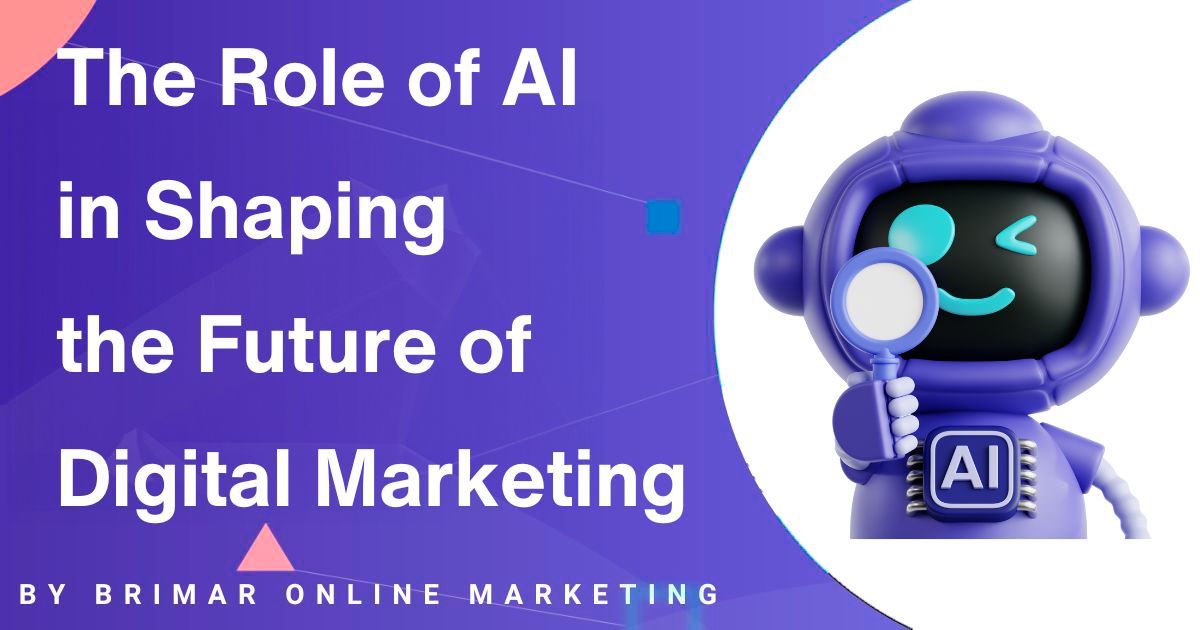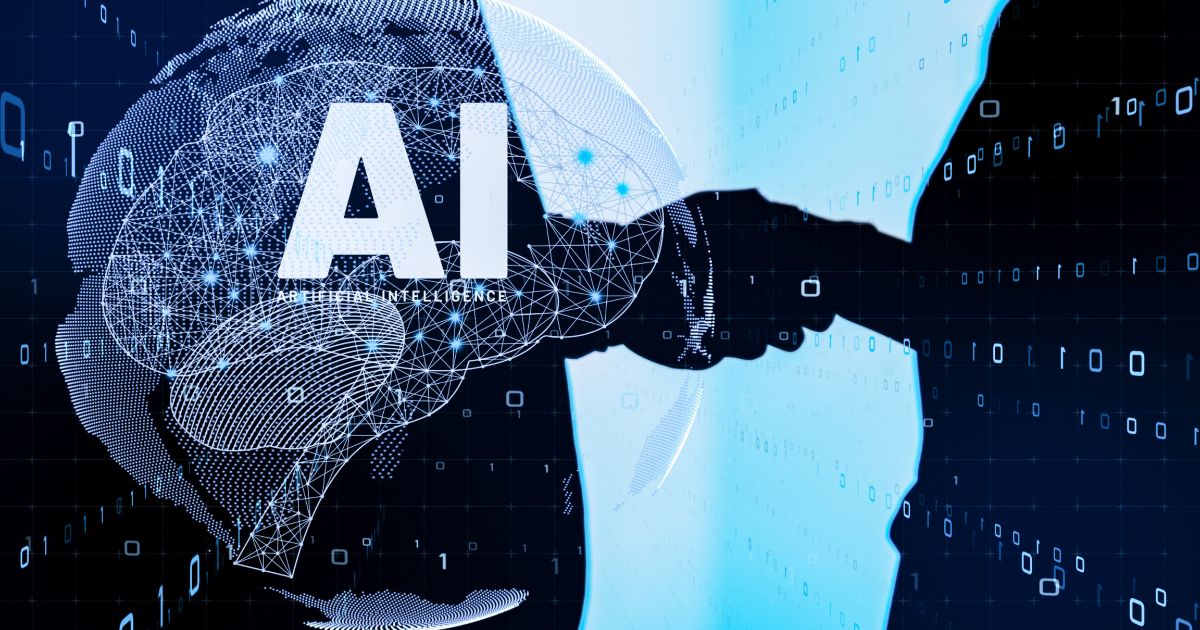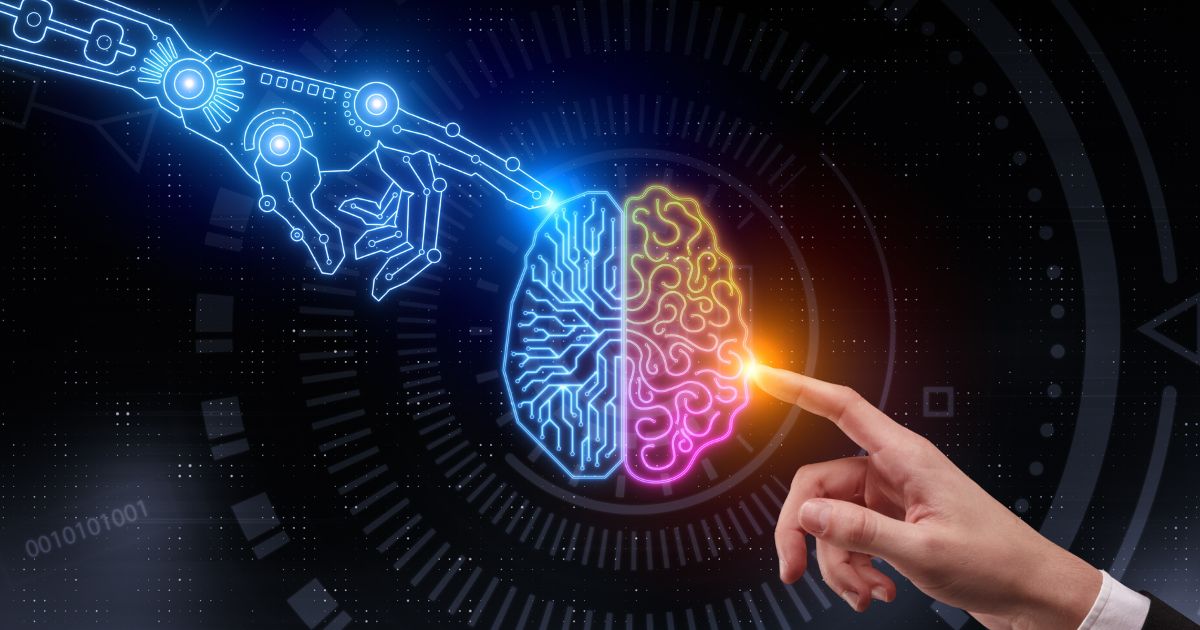
Artificial intelligence has changed how businesses connect with customers.
Instead of relying on guesswork, digital marketers can now use AI-driven technologies to analyze vast amounts of data and make data-driven decisions that actually work.
From customer experiences to ad targeting, AI tools are reshaping marketing strategies, making them more efficient and personalized.
Marketing campaigns that once required endless hours of research and adjustments can now be optimized in real time, ensuring brands reach the right audience at the right time.
AI isn’t just about automation; it’s about creating smarter, more effective marketing.
Whether predictive analytics help businesses anticipate customer behavior, natural language processing makes interactions feel more human, or machine learning refines strategies based on historical data, AI is giving marketers the power to boost conversion rates and increase customer satisfaction with precision.
Understanding AI and Its Role in Digital Marketing
AI is more than just a buzzword; it’s a powerful tool that mimics human intelligence to automate, optimize, and enhance marketing strategies.
Instead of manually sifting through endless data points, businesses can rely on AI-driven applications to uncover patterns, predict trends, and personalize customer interactions in unprecedented ways.
Need a Sales Funnel that Converts?
Struggling to turn clicks into customers?
A high-converting sales funnel could be the missing link. We’ll help you build a simple, straightforward, and effective funnel that guides your visitors step-by-step, so they take action, not just browse.
How AI Works in Digital Marketing
At its core, AI processes massive datasets, recognizes patterns, and makes decisions based on what it learns.
This is possible through several key technologies:
- Machine learning (ML): Continuously improves marketing strategies by analyzing historical data and refining recommendations based on what works.
- Deep learning: A more advanced form of machine learning that can recognize complex patterns, such as consumer preferences and future behaviors.
- Natural language processing (NLP): Enables AI to understand, interpret, and generate human-like responses, improving customer interactions through AI-powered chatbots, voice assistants, and even social media management.
Predicting Customer Behavior with AI
One of AI’s biggest strengths is its ability to predict customer behavior before it happens.
AI can help marketers anticipate what potential customers will do next by analyzing historical data and tracking real-time insights.
This is where predictive analytics comes into play, helping businesses fine-tune their marketing campaigns to match what their audience wants.
For example, AI can determine:
- When a customer is most inclined to buy
- What kind of content will drive engagement
- Which products to recommend for better results
Smarter Customer Segmentation
Gone are the days of broad, one-size-fits-all marketing.
AI allows businesses to segment audiences with laser precision, ensuring the right message reaches the right people at the right time.
AI analyzes customer data from search engines, social media platforms, and purchase histories to create hyper-personalized marketing experiences.
This means customers see ads, emails, and recommendations that matter to them, leading to higher engagement and stronger customer relationships.
AI isn’t replacing marketers; it’s giving them the tools to work smarter.
Understanding and leveraging AI-driven strategies is the key to delivering better user experiences, increasing customer engagement, and significantly improving marketing performance.
AI-Powered Tools Transforming Digital Marketing

Content Creation and Personalization
Content is the backbone of digital marketing, but keeping up with demand can feel overwhelming.
That’s where generative AI services step in, turning what used to be a time-consuming task into an efficient, automated process.
AI translation tools can quickly localize content, enabling brands to scale their marketing globally without losing context or quality.
Instead of manually translating marketing materials, marketers can instantly generate multilingual campaigns that resonate culturally and linguistically with international audiences, significantly increasing their global reach and engagement.
AI-powered tools can generate blog posts, social media posts, ad copy, and email campaigns in seconds.
These tools analyze vast amounts of data to understand what works best, ensuring content isn’t just created quickly and resonates with the target audience.
But speed isn’t the only advantage.
AI-driven personalization takes content to the next level by tailoring messages to individual preferences.
Instead of generic marketing blasts, brands can deliver hyper-personalized experiences based on customer behavior and historical data.
AI learns what people engage with, their browsing habits, and even the tone of messaging they respond to, creating natural and relevant marketing.
AI doesn’t just create content it also drives smart recommendations.
Platforms like Amazon and Netflix have perfected this by suggesting products or shows based on past interactions.
These AI-enabled applications track patterns, analyze preferences, and predict what customers are likely to be interested in following.
This level of customization makes marketing more effective, leading to higher conversion rates and customer satisfaction.
AI-Powered Analytics and Data-Driven Insights
Marketers have access to more data than ever, but making sense of it is a challenge.
AI-powered analytics turns raw numbers into real-time insights, giving businesses a clear picture of what’s working and what’s not.
Instead of waiting weeks for reports, marketing teams can adjust strategies instantly based on AI’s findings.
AI analyzes user data from social media platforms, search engines, and websites to track engagement patterns, ad performance, and buying behavior.
This allows marketers to refine campaigns, ensuring messages reach the right audience at the right time.
Predictive analytics takes this a step further by forecasting future trends.
By studying historical data, AI can anticipate customer needs, helping businesses stay ahead of shifts in consumer demand.
This leads to smarter decision-making, improved customer engagement, and, ultimately, better marketing results.
Customer Service and AI-Driven Interactions
Customer service has improved greatly, and AI-powered chatbots are leading the way.
They respond instantly, handle routine tasks, and guide customers through troubleshooting without the frustration of long wait times.
These virtual assistants are available 24/7, ensuring businesses never miss an opportunity to assist a customer.
But AI is doing more than answering FAQs.
Voice assistants like Siri and Alexa are changing how people interact with brands.
Businesses are now optimizing content for voice search, ensuring it appears when customers ask for recommendations, store hours, or product details.
AI’s ability to process natural language makes these interactions feel more intuitive and conversational.
Real-world case studies show how AI-powered customer interactions improve customer satisfaction.
Companies using AI for support have seen significant reductions in response times and increased customer loyalty.
Customers are more likely to return when brands provide instant, helpful solutions.
AI is enhancing customer service by making it more intelligent, quicker, and better efficient.
The Role of AI in Social Media Marketing
Smarter Social Media Management
Social media never sleeps, and keeping up with content demands, engagement, and analytics can be overwhelming.
AI simplifies social media management by automating routine tasks like scheduling posts, analyzing engagement, and responding to messages.
AI-powered tools take the guesswork out of posting and ensure content goes live at peak times for maximum reach.
Beyond automation, AI helps digital marketers craft better content strategies by analyzing what works best.
It evaluates consumer behavior, engagement rates, and trending topics across social media platforms, ensuring brands stay relevant and visible.
Instead of posting blindly, businesses can make data-driven decisions that lead to better results.
AI’s Role in Understanding Consumer Behavior
AI doesn’t just track likes and shares; it dives deep into consumer behavior to identify patterns.
By analyzing user interactions, AI can identify the types of content that generate the highest engagement, determine which audience segments respond most effectively, and ascertain when individuals are most active online.
This insight allows businesses to fine-tune their messaging for different demographics.
Optimizing Search Results and Gaining a Competitive Edge
Social media platforms rely on AI algorithms to determine what content gets shown to users.
Understanding how these algorithms work can give businesses a competitive edge.
AI helps marketers optimize their content to align with platform preferences, ensuring it appears in search results and recommended feeds.
As AI continues to evolve, it will play an even more significant role in shaping the future of digital marketing.
Brands that embrace AI-powered tools now will be better positioned to adapt, grow, and connect with their audiences in meaningful ways.
AI in Advertising. Smarter, More Efficient Campaigns

Advertising has always been about getting the right message to the right person at the right time.
The challenge?
Doing it efficiently without wasting time or money.
That’s where AI transforms ad targeting into a smarter, more precise process.
Programmatic Advertising and AI: The Perfect Match
Traditional ad placement often involves a lot of guesswork, but AI-powered programmatic advertising takes a different approach.
Instead of relying on broad demographics, AI analyzes real-time user behavior and adjusts ad placements instantly based on what works best.
Whether a person is browsing a website, watching a video, or engaging on social media, AI identifies the optimal moment and platform to present an ad, maximizing engagement while minimizing wasted expenditure.
This process happens in milliseconds, ensuring ads are continually optimized for the best possible results.
The more AI learns from customer interactions, the better it can predict who is likely to convert and what messaging will resonate most.
Refining Marketing Campaigns with AI-Driven Insights
AI-driven applications dive deep into customer behavior, analyzing clicks, conversions, engagement levels, and even historical data to adjust campaigns in real-time.
For example, AI can track which types of creatives perform best, which headlines get more attention, and which audiences are most responsive.
Instead of running ads blindly, businesses can fine-tune their messaging on the fly, making every dollar count.
Real Results. AI’s Impact on Ad Targeting and ROI
AI-driven advertising isn’t merely a theory; it’s producing tangible results across various industries.
- E-commerce brands use AI to generate personalized product recommendations within ads, boosting conversions by displaying items customers are likely to buy.
- Local businesses leverage AI to serve geo-targeted ads when potential customers are most active.
- Streaming services analyze viewing habits to deliver hyper-relevant ads that actually feel useful instead of intrusive.
With AI handling the heavy lifting, advertisers don’t just reach more people;they get the right people, improving ROI and making ad spending more efficient.
Ethical Considerations and Data Privacy in AI Marketing
AI is making marketing smarter, but it also brings serious questions about data privacy, security, and ethics.
Businesses using AI-powered tools need to strike a balance between personalization and protecting customer data.
The Responsibility of Handling Customer Data
AI thrives on vast amounts of data, analyzing everything from browsing history to purchasing behavior.
While this leads to better customer experiences, it raises concerns about how that data is collected, stored, and used.
Consumers are becoming more aware of how their information is being tracked, and they expect brands to be transparent.
Marketers must ensure that AI-driven personalization doesn’t come at the cost of user privacy.
g>Data Security Risks in AI-Powered Marketing
With so much data flowing through AI systems, security breaches are a real concern. A poorly protected system can expose customer information, leading to identity theft, fraud, or even legal trouble for businesses.
To prevent this, companies must invest in secure AI infrastructures, use encryption, and comply with privacy regulations like GDPR and CCPA.
Prioritizing security isn’t just about legal compliance; it’s about maintaining customer trust.
Using AI Ethically for Customer Segmentation
AI makes customer segmentation incredibly precise, allowing businesses to target individuals based on their interests and behavior.
But where should the line be drawn?
For example, if AI predicts someone’s purchasing habits too accurately, it can feel intrusive.
Imagine receiving an ad for a product you only mentioned in a conversation; that crosses into unsettling territory.
Ethical AI marketing respects boundaries, ensuring personalization enhances user experience rather than making consumers feel like they’re being watched.
Businesses can maintain trust by:
- Clearly explaining how AI-powered tools use user data.
- Giving customers control over their data with opt-in and opt-out options.
- Avoiding manipulative tactics that push people into buying decisions they wouldn’t naturally make.
AI is a powerful tool, but it needs to be used responsibly.
When done right, it improves marketing strategies without compromising customer trust.
In the long run, transparency and ethical AI practices lead to stronger relationships and a more loyal customer base.
Future Trends. The Future of AI in Digital Marketing

AI is moving fast, and digital marketing is proper in the middle of it.
Businesses that embrace AI-driven technologies are now setting themselves up for success in the years ahead.
AI is essential to every strategy, from hyper-personalized customer experiences to predictive analytics that help marketers stay ahead of trends.
One of the most exciting changes on the horizon is the deeper integration of AI into everyday life.
Imagine self-driving cars displaying personalized ads based on a passenger’s preferences or AI-powered voice assistants recommending products during casual conversations.
These aren’t just ideas but possibilities to reshape how businesses connect with potential customers.
While AI is powerful, human creativity and strategy will always have a place in marketing.
AI can handle vast amounts of data, analyze customer behavior, and automate repetitive tasks, but it takes human insight to create compelling campaigns and make ethical decisions about data privacy.
The future isn’t about replacing marketers with AI; it’s about using AI to work smarter, create better experiences, and reach the right audience at the right time.
Wrapping Up
Digital marketers who leverage AI-powered tools are seeing better results, from improved customer satisfaction to higher conversion rates.
Whether it’s AI-driven personalization, predictive analytics, or smart automation, the growth potential is massive.
The key for business owners and marketing teams is learning how to integrate AI effectively.
The digital landscape is evolving, and AI is leading the way.
Businesses that adapt now will have a competitive edge, stronger customer relationships, and a more straightforward path to long-term success.
The future of AI in marketing isn’t something to fear; it’s an opportunity to grow, innovate, and deliver exceptional experiences.
Our Digital Marketing Services Have Helped Our Clients Increase Their Revenue!
“I highly recommend Brimar if your looking to grow your online business. You will be satisfied with the high level of expertise and high quality of services. It has helped my business grow by leaps and bounds.”
CEO

